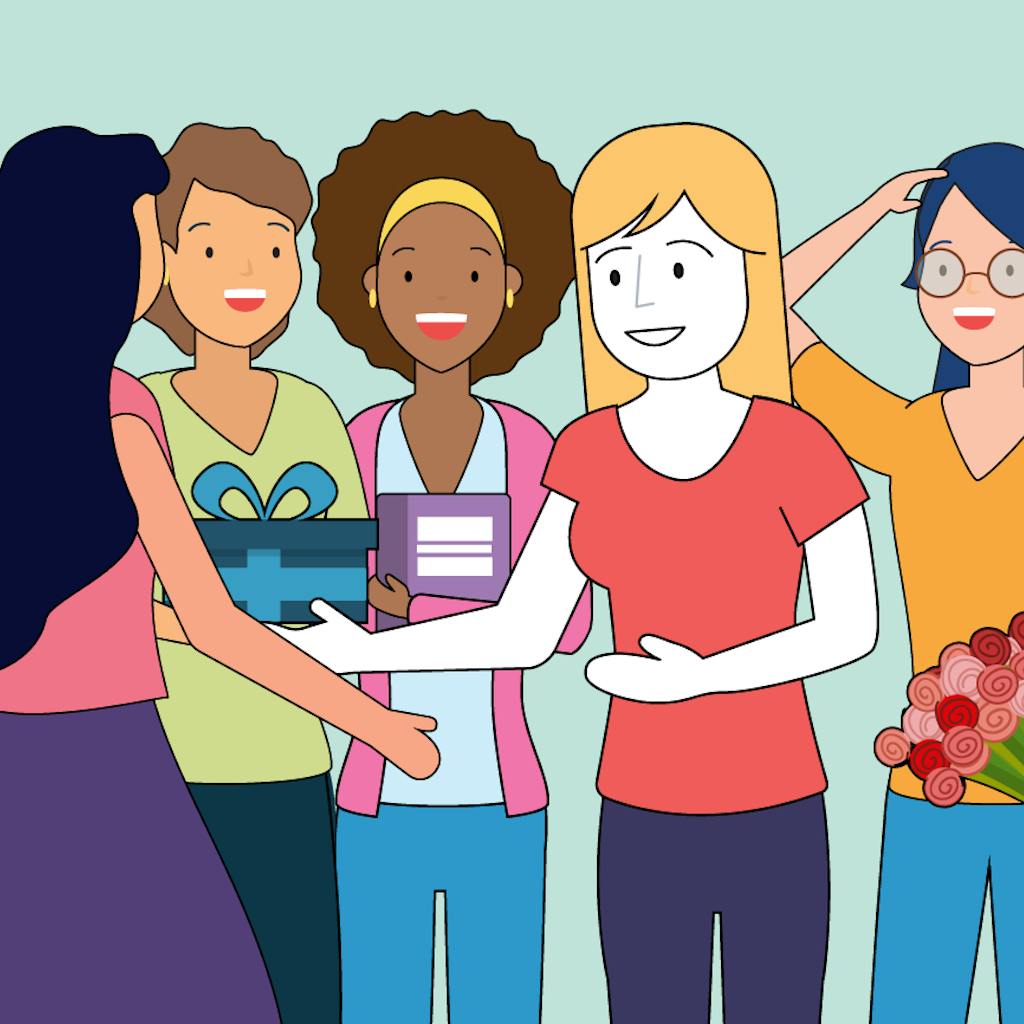Consumer packaged goods (CPG) is a tough industry to break into. It’s estimated that more than 30,000 new products are launched each year, and only about 5 percent of those products succeed. Cutting through the noise and differentiating your brand from the competition is critical to making it in the CPG industry.
One way suppliers today are setting themselves apart is by achieving different certifications, seals, or label claims for both their products and their companies. Natural, organic, minority-owned business, small business—these are just a few of the many certifications companies can achieve. One of the most widely achieved certifications is the women-owned business (WOB) certification. It’s estimated that more than 13 million businesses in the United States are women-owned–including RangeMe!–and that number continues to rise. These businesses are generating almost $2 trillion in revenue and employ more than 9 million people. What’s more, women-owned businesses make up 39 percent of all privately held firms.
Navigating the meaning behind these certifications can be tricky—what do they mean? What are their benefits? And how do I get them? Fear not! We’re here to help. We’ve got the info you need to decipher the acronyms and find out how certifications might be a benefit to you and your business.
What’s in a name?
First things first—there are two types of women-owned certifications we’ll talk about:
1. Women-Owned Small Business (WOSB)
2. Women Business Enterprise (WBE)
They read similarly, but there are some differences.
To qualify as a WOSB, a business must:
· Be a small business, with small meaning as defined by Title 13 Part 121.105(a) of the Code of Federal Regulations
· Be primarily US-based
· Have day-to-day operations managed by a woman
· Be at least 51 percent owned by women who are US citizens
· Have the highest position in the company held by a woman
· Have a woman working in this highest position during normal working hours, full-time
To qualify as a WBE, a business must:
· Be at least 51 percent owned or controlled by one or more women who are US citizens or legal aliens
· Be based in the U.S. or its territories
· Have day-to-day operations managed by a woman with industry expertise
How do we get there?
One of the more complex aspects of getting a certification around being a women-owned business is that there isn’t one governing body that hands out the designations. The WOSB is a certification designated by the Small Business Administration (SBA). The Women’s Business Enterprise National Council (WBENC) or the National Women Business Owners Corporation (NWBOC) provide WBE certification. The distinction is important for suppliers when competing for contracts. Since WOSBs are certified by the SBA, they can be recognized as such when bidding on government contracts, and can be a leg up in the process if the contracts have clauses in them that specify businesses must be WOSB. WOSB certification is required to participate in federal programs. WBE certifications, however, are accepted mainly by private companies, though some government agencies will accept WBE certification. Applications can be filled out and submitted online, along with the appropriate fee (which can range anywhere from $275 to $400, depending on the organization).
If you’re considering pursuing a WOSB certification, there’s a major change coming that you’ll need to be aware of. In the past, companies could self-certify as women-owned, provided they had the right supporting documents. But starting July 1, 2020 self-certification is no longer an option, and companies will either have to have a third-party certification or go through the SBA’s free online certification.
The time and effort put into achieving a women-owned certification are not small, and it can be challenging, to say the least, but it is worth it, as we’ll look at in Part 2 of this topic. Having a women-owned certification for your business can help open doors to opportunities that otherwise might not be possible for some companies. The U.S. government, for example, has a goal to award 5 percent of eligible contracting dollars to women-owned businesses. The due diligence it takes to get the certification has the potential to reap exponential benefits.
Stay tuned for Part 2, where we’ll look at the perks of the certification, how it can be helpful in growing a women-owned business, and the benefits retailers offer women-owned businesses.


